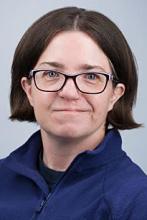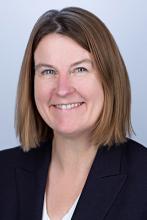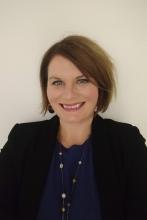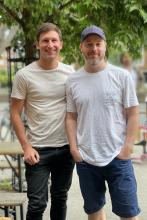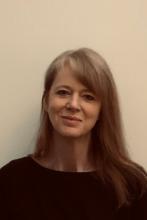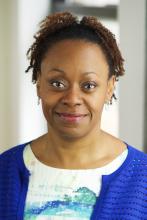Interviews
Helen Lippell explains why organisations should learn more about taxonomies, ontologies and metadata - and describes her love of a good quiz
Figshare founder Mark Hahnel describes the company's beginnings and raison d’être – and his wider hopes for scholarly communications
Ivy Cavendish tells the inspirational tale behind the formation of a writing tool for researchers, TooWrite
Emerald Publishing CEO Tony Roche talks of his career in scholarly publishing and a love of eastern cuisine
Alicia Wise, CLOCKSS executive director, reflects on her career and explains the importance of robustly preserving academic resources
David Myers tells of his new venture, the Data Licensing Alliance, and his adventures in wine-making
Fiona Hutton, head of STM open access publishing and executive publisher at Cambridge University Press and Assessment, looks back over her career and tells of her love of the wilderness
Kortext founder and CEO James Gray reflects on founding the company, his wider career, and some life-changing moments
Andrew Preston and Ben Kaube tell us about their new venture Cassyni, which is aimed at shaking up the world of academic seminars
Frances Downey, head of research and innovation culture at UKRI, explains the formation of the organisation’s Good Research Resource Hub
Anna Clarkson, editorial director for education and behavioural sciences at Taylor & Francis, details a reconstruction of the publishing process
AIP Publishing's Simone Taylor talks digital books, inclusion, long-distance walking and gluten-free baking


